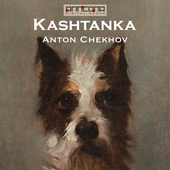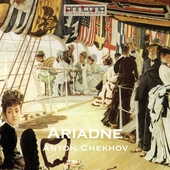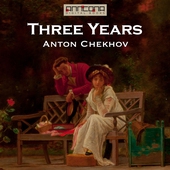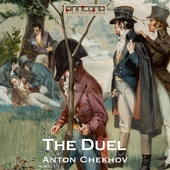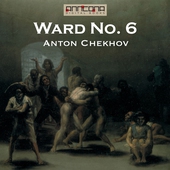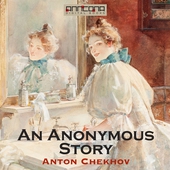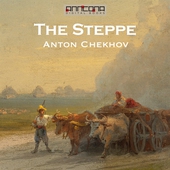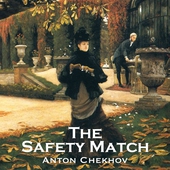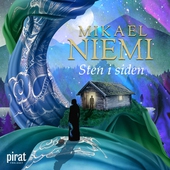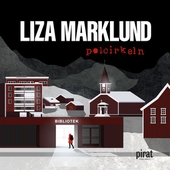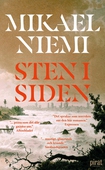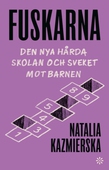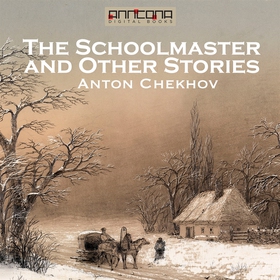
Lägg till önskelistan
Gratis smakprov
- Spara till biblioteket
- Lyssna på smakprov
The Schoolmaster and Other Stories ljudbok
Pris
65 kr
The Schoolmaster and Other Stories is a collection of short stories by Anton Chekhov and was first published in English in 1921.
Anton Chekhov, perhaps better known as a world famous classical playwright for works such as Uncle Vanya and The Cherry Orchard was also a prolific short story writer. The Schoolmaster and Other Stories is one of several of his collections. It's a compilation of 30 short stories.
Some bizarre, some comical but all very interesting.
Stories included are: The Schoo...
Ljudbok
65 kr
Pris
E-Bok
19 kr
Pris
Förlag
Anncona Media
Utgiven
10 December 2015
Längd
6:05
Genrer
Noveller, Skönlitteratur
Språk
English
Format
mp3
Kopieringsskydd
Vattenmärkt
ISBN
9789176056042
The Schoolmaster and Other Stories is a collection of short stories by Anton Chekhov and was first published in English in 1921.
Anton Chekhov, perhaps better known as a world famous classical playwright for works such as Uncle Vanya and The Cherry Orchard was also a prolific short story writer. The Schoolmaster and Other Stories is one of several of his collections. It's a compilation of 30 short stories.
Some bizarre, some comical but all very interesting.
Stories included are: The Schoolmaster, Enemies, The Examining Magistrate, Betrothed, From the Diary of a Violent-Tempered Man, In the Dark, A Play, A Mystery. Strong Impressions, Drunk, The Marshal's Widow, A Bad Business, In the Court, Boots, Joy, Ladies, A Peculiar Man, At the Barber's, An Inadvertence, The Album, Oh! The Public, A Tripping Tongue, Overdoing It, The Orator, Malingerers, In the Graveyard, Hush!, In an Hotel and In a Strange Land
Anton Pavlovich Chekhov (1860-1904) was a Russian physician, dramatist and author who is considered to be among the greatest writers of short stories in history. His career as a dramatist produced four classics and his best short stories are held in high esteem by writers and critics.
Chekhov had at first written stories only for financial gain, but as his artistic ambition grew, he made formal innovations which have influenced the evolution of the modern short story. His originality consists in an early use of the stream-of-consciousness technique, later adopted by James Joyce and other modernists, combined with a disavowal of the moral finality of traditional story structure. He made no apologies for the difficulties this posed to readers, insisting that the role of an artist was to ask questions, not to answer them.

